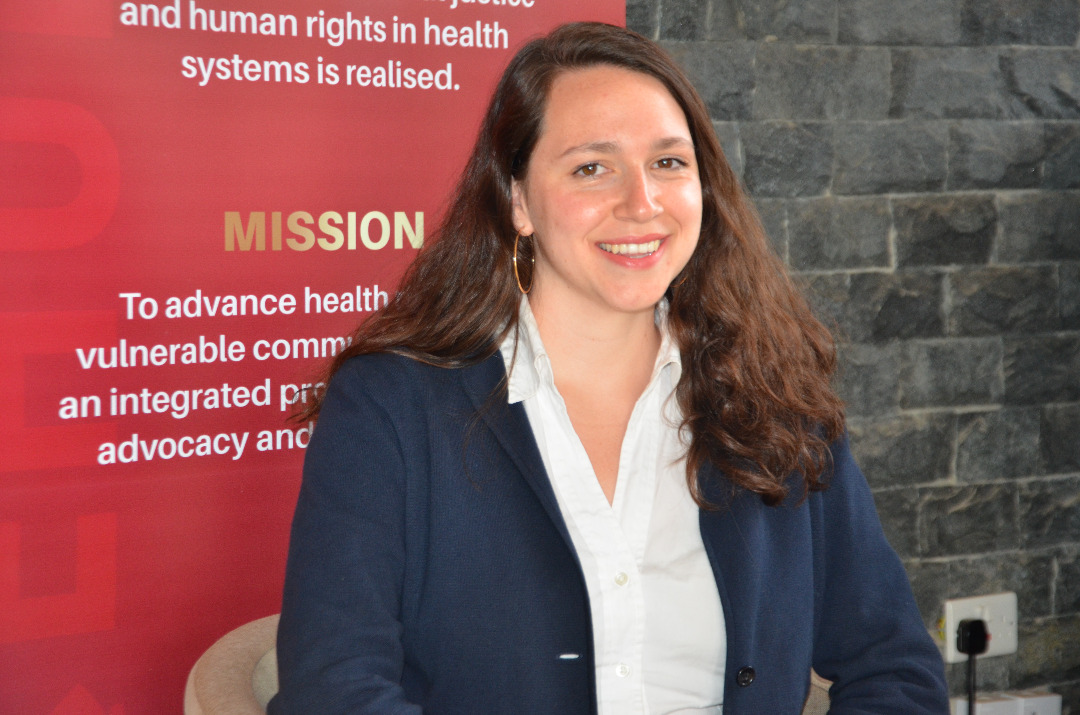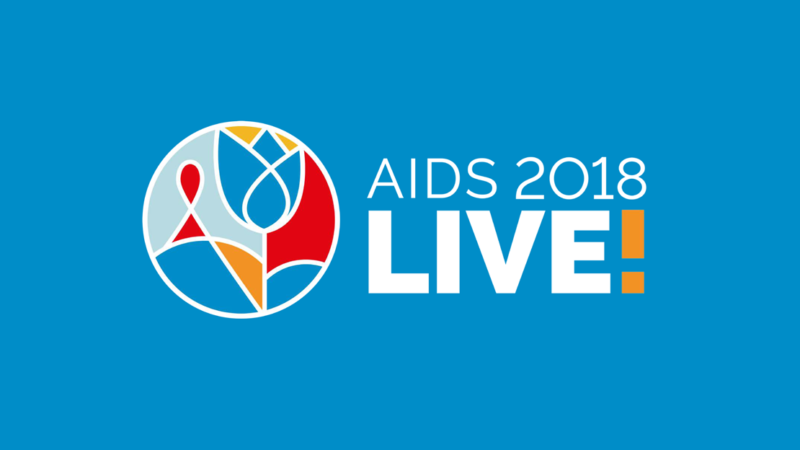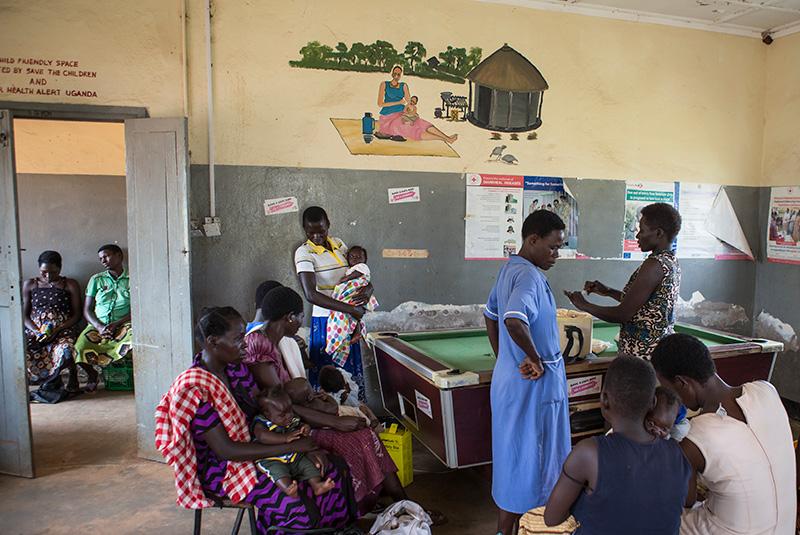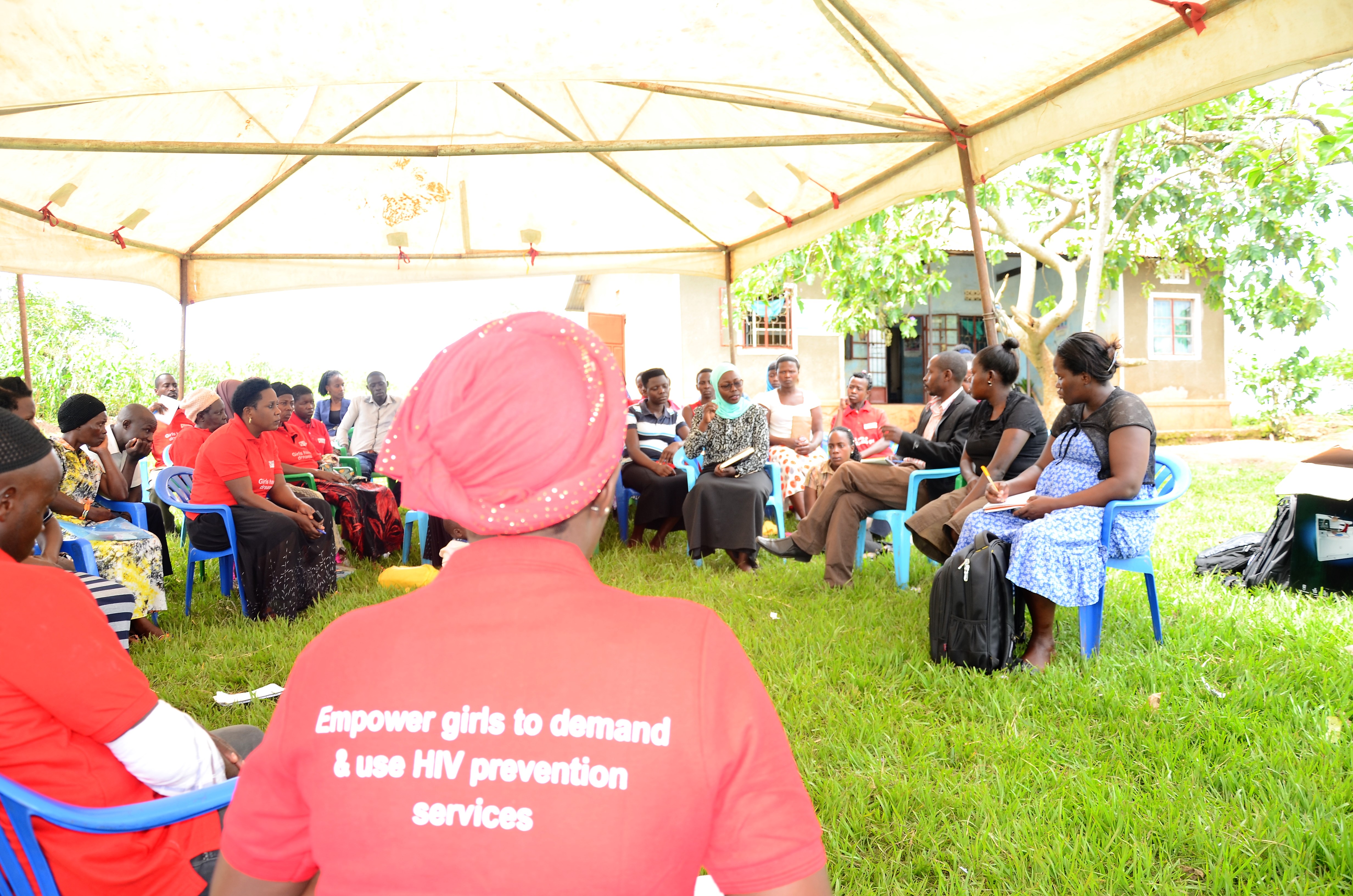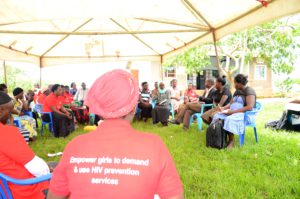I have been in Uganda for a little over a month now and have already learned so much, both from my work as an intern at the Center for Health, Human Rights and Development (CEHURD) and from my daily life in Uganda. I have visited Ugandan courts, taken countless boda rides and visited the source of the Nile. My first challenges were mostly activities that usually seemed simple to me, such as getting to work. My colleague’s kindness and patience in showing me the way around allowed me to feel much more comfortable in Kampala and to focus on my work as a legal intern.
CEHURD was created to advance the right to health for vulnerable populations such as people living with HIV/AIDS, women, and children. It is divided in three complementary programs (1) the Research, Documentation and Advocacy (2) Community Empowerment and (3) Strategic Litigation. As a second year law student, I was assigned to the Strategic Litigation program. Their objective is to provide legal support to persons whose rights have been infringed upon in Uganda and to litigate issues with the potential to redress systematic problems in the country’s health system. I have supported their work by drafting legal opinions on incoming cases and federal bills, completing research papers, and putting together grant proposals. This experience has allowed me to witness the use of the law as not only a tool to solve a single fact pattern but as a tool with the potential to create population shifts and improve health conditions on a national scale.
Most of the cases move for the implementation of the right to health. However, the Constitution of Uganda lacks an express provision on the right to health, which makes the conceptualization of each case particularly demanding. The right is implied from other constitutional clauses, the national objectives and the directive principles of state policy, each with health-related facets such as the right to life, human dignity and women’s rights. Furthermore, the implicit nature of the right to health in Uganda makes it so that its realization largely depends on political goodwill, judicial interpretation and the treatment of the other rights from which it derives. This particular situation highlights the importance of advocacy and community engagement in the respect of human rights and the delivery of safe and acceptable health services.
As much as one may put together a case supported by persuasive evidence demonstrating a human rights violation in the delivery or lack of health services, the societal attitudes towards specific issues and vulnerable populations are often the last and most difficult barriers to overcome in obtaining justice. For example, CEHURD & Kabale Benon v Attorney General is a recent case that demonstrates the prevailing stigma surrounding claims made by individuals who have suffered from periods of mental distress. In addition to silencing the plaintiff based on his identity as an individual with a mental health disorder, the court also disturbingly put all medical decisions above the scrutiny of the law.
This message discourages Ugandans from taking initiatives towards ensuring the respect of their rights and towards keeping the government accountable in its actions. CEHURD has recently filed an appeal for this case.
Overall, I am very motivated by CEHURD’s work as they put forward that the right to health extends itself to the causal determinants of health such as adequate sanitation facilities, health infrastructure, trained workers and essential drugs. I hope to contribute to my team’s work as much as I can in the following weeks and am excited to learn more about the right to health in Uganda.
Catherine Labasi-Sammartino
Summer Intern – McGill University Ontario Canada

